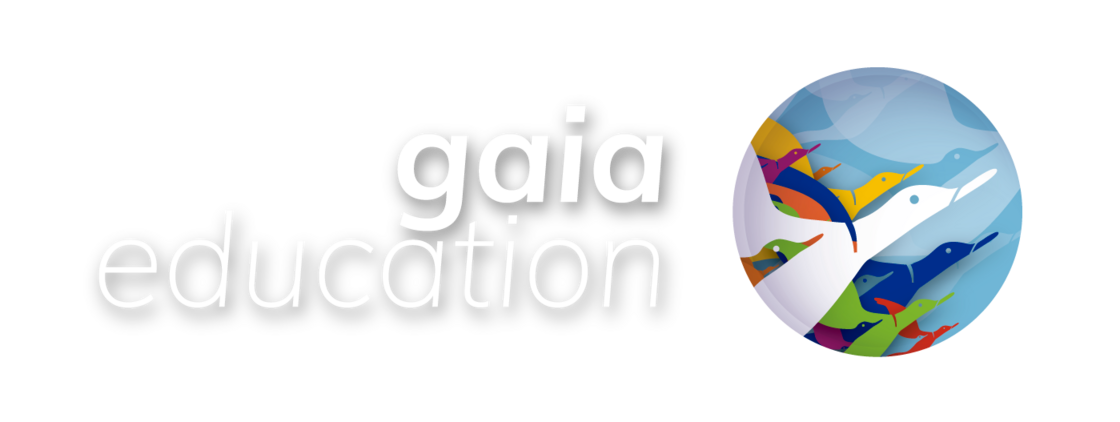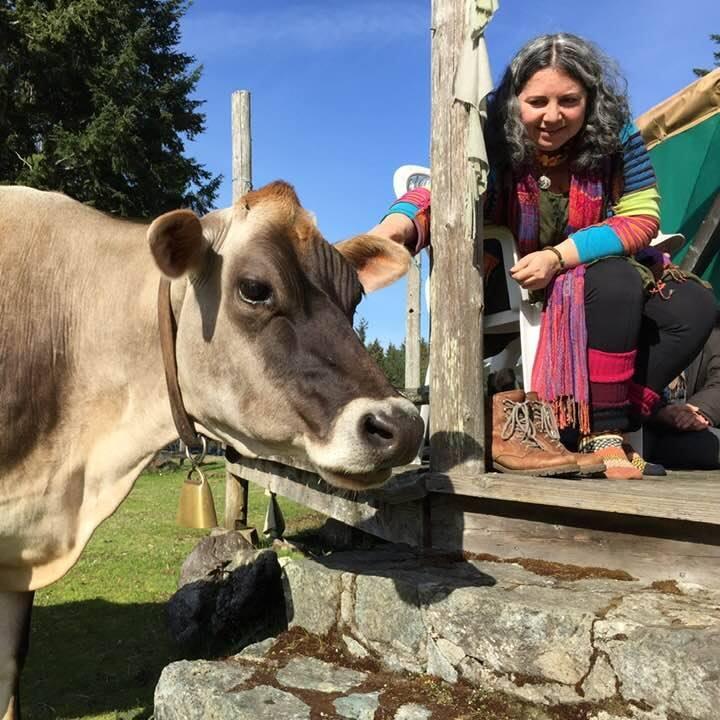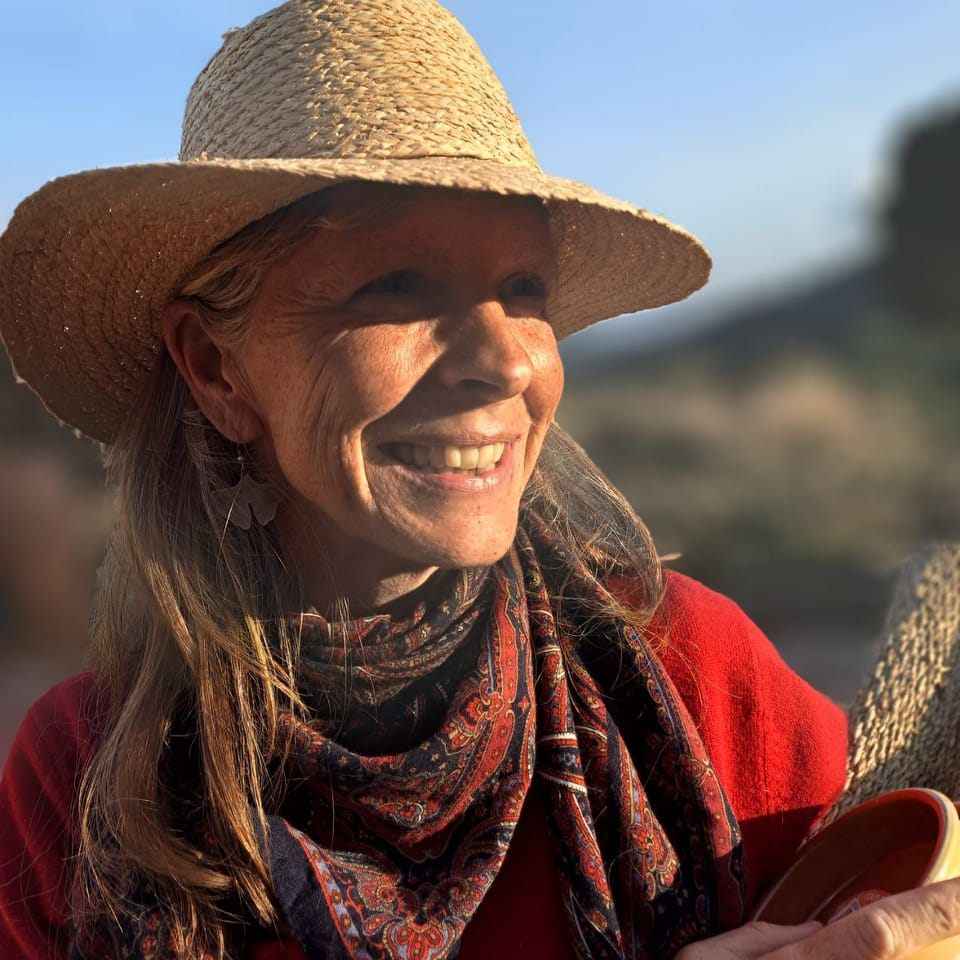Design for Resilience
Supporting individuals and communities through deep adaptation and emergency preparedness
Programme Overview
Type: e-Learning
Start Date: 2025
Facilitation: With Facilitators
Registrations: until 2025
Developed by:
This is a hands-on, very practical and fun course where you will come up with a realistic plan for you, your family and your community.
Course Structure
For each module, the course provides material to read and watch and interviews with people involved in different aspects of resilience. Participants will have the opportunity to interact in a forum, ask questions during Q&A with specialists in the different aspects of resilience and work on suggested exercises and case studies.
For each module, participants are encourage to research, map and describe the status of their own community, group or household.
At the end of the course, participants will have the tools and resources to design their own resilience plan for a household, group or community, present the design to their peers and receive feedback.
This is a very practical course. Participants can expect to have a clear plan of their community and household systems including the risks, vulnerabilities and hazards as well as well as opportunities and strengths. The emphasis is both in inner, personal as well as community/household resilience.
At the end of this course you should be prepared to work with your community towards a clear plan to prevent, respond and re-design the systems and approaches to potential disruptions caused by climate change as well as social, political or financial disruptions.
Course Content
- Module 1 - resilience
- Module 2 - personal and inner resilience
- Module 3 - systems mapping
- Module 4 - whole systems design
- Module 5 - ecoliteracy
- Module 6 - social and economic resilience
- Module 7 - emergence preparedeness
Pre-recorded interviews with:
- Professor Jem Bendell from Deep Adaptation
- Looby MacNamara from Cultural Emergence
- Oscar Gussinyer from Resilience Earth
- Rosemary Morrow from Permaculture for Refugees
- Tom Llewellyn from Shareable and The Response
- Bob Doppelt from Tranformational Resilience Coalition
- Jeremy Lent, author of the Web of Meaning
- Interviews with permaculture experts
Who is this course for
This course is for you if you:
- care about the physical and emotional well-being of your loved ones and/or your community
- understand that we are facing unprecedented challenges as a species and that life in the next 20+ years will be very different from how life was in the last 20
- think that many of the political and social responses emerging are not enough or even contradictory to what people and ecosystems seem to need
- have witnessed or experienced reductionist approaches to disasters management that end up being inefficient or inappropriate for many communities and households
- think there must be a different, more holistic and regenerative way to address all the above issues
- feel overwhelmed, isolated or deeply concerned about the many uncertainties due to climate change and its many consequences on the systems that sustain life as we know it

Course Creator
Silvia Di Blasio
My name is Silvia and I am passionate about resilience. Resilience comes in many shapes and forms: from psychological to spiritual (in my view, the more important types) to physical and strategic. There are resilient individuals and resilient communities. There are resilient systems. The resilience I believe in is called bounced forward resilience. We don't want to go back.
A bit about my studies and experience: as a refugee and later immigrants I learned about psychological and spiritual resilience. I worked over 10 years supporting refugees and immigrants in Canada. I am also a permaculturist, for many years I helped individuals and communities to map and design resilient systems (food, water, energy, transportation, shelter, communication). During my nine years of experience with the Disaster Management department at the Canadian Red Cross, I learned and helped communities and groups to create preparation plans and respond to disasters.
In 2019, I started one of the biggest groups to discuss Deep Adaptation and facilitated dozens of meetings and workshops on the subject.
My role in this course is to introduce you to the existing tools and resources as well as people who are deeply connected to resilience that is compassionate and caring. I hope you join us!
Main Facilitator
Aline Van Moerbeke
Certificate of Completion
- The Design for Resilience runs for 9 weeks.
- We suggest you dedicate a minimum of 5-10 hours a week to receive maximum benefit from this programme.
- You can choose to pay in full or in installments.
- For further information, please email: yan.teixeira@gaiaeducation.org or ivan.barnie@gaiaeducation.org
Graduates of our programmes have gone on to contribute to sustainability projects, build communities, become social entrepreneurs, partake in permaculture projects and bio-dynamic farming, support transition movements and much more.
Course investment:
We provide three options, please choose the one that better meets your situation:
Low Income price: £250
Regular price: £300
Abundant price: £350




